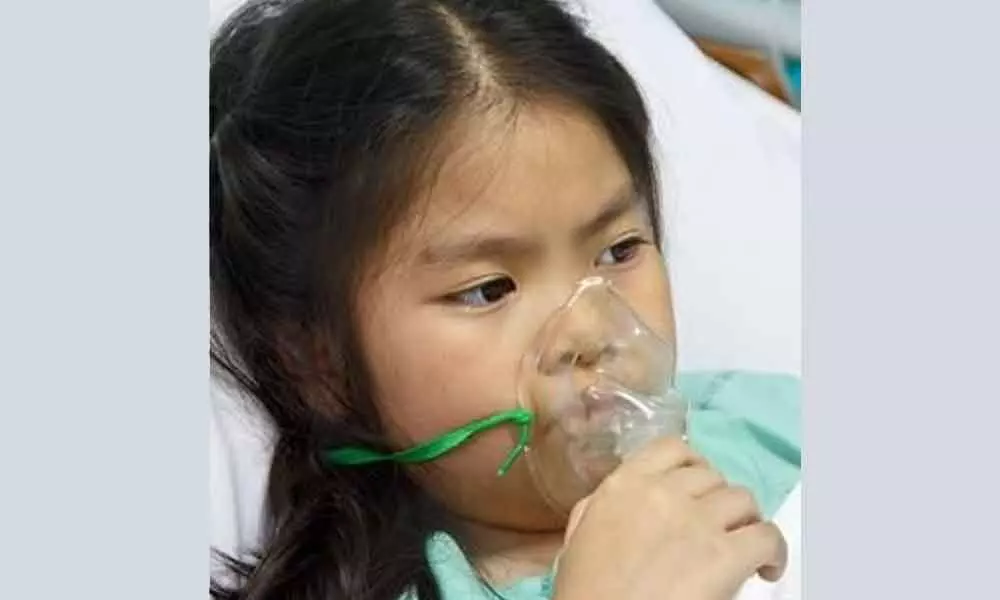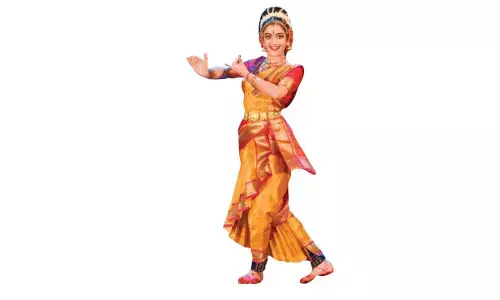Erratic weather blamed for rise in asthma cases in Bengaluru

Representational Image
The heavy downpour coupled with the drop in temperature that the city has witnessed will have a ripple effect on the health of the people, state doctors at Narayana Health City.
Bengaluru: The heavy downpour coupled with the drop in temperature that the city has witnessed will have a ripple effect on the health of the people, state doctors at Narayana Health City.
According to the doctors, the cold weather that the city has been seeing is conducive to viral replications and there has been a progressive increase in the number and severity of asthma attacks. Similarly, due to waterlogging the cases of dengue is also on the rise.
Elaborating on the impact of the weather on the health of the people in Bengaluru, Dr Mahesh Kumar, Consultant, Internal Medicine, Narayana Health City, said, "There is a 15% to 20% rise in number of patients being admitted with asthma attacks in the last 2 weeks compared to the same time last year. There is a surge in the number of dengue and chikungunya incidents. But what is worrying is the severity of the infections. The severity of infections is higher especially in the case of dengue this time in those who have had a history of COVID infection."
"Due to reduced cell mediated immunity in patients recovered from COVID, the infection tends to cause more severe symptoms, prolonged illness and sometimes dangerous drop in platelet counts to as low as 20,000 and below calling for utmost care and strict following of preventive measures," he said.
While cough, breathing difficulty and low-grade fever are the early symptoms of asthma attack. High fever, severe headache and joint pains which don't recede with oral paracetamol and home remedies are the symptoms for dengue and chikungunya.
Regular hand wash, social distancing and follow up with the doctor and following their advice can help in bringing down the possibility of an asthma attack. Further, as influenza and pneumococcal vaccinations given at the beginning of monsoon have shown to significantly reduce asthma exacerbations it would be advisable for people who have a history of asthma to consider immunisation.
Wearing long-sleeved shirts, long pants and closed-toe shoes instead of sandals, using mosquito repellents whenever possible, keeping windows and doors closed during evening hours as the mosquitoes that carry the dengue viruses are most active from dawn to dusk and keeping oneself hydrated by drinking plenty of water and fresh fruit juices as well as eating fresh fruits are recommended. Keeping yourself fit and active by practicing exercises and yoga is also a good practice that can help keep infections at bay.
Apart from personal well-being keeping the buckets and drums that are used for storing water always closed, cleaning out all empty flower pots, as they become the breeding places for mosquitoes are other aspects that can help in preventing a possible outbreak of mosquito-borne diseases, he said.

















